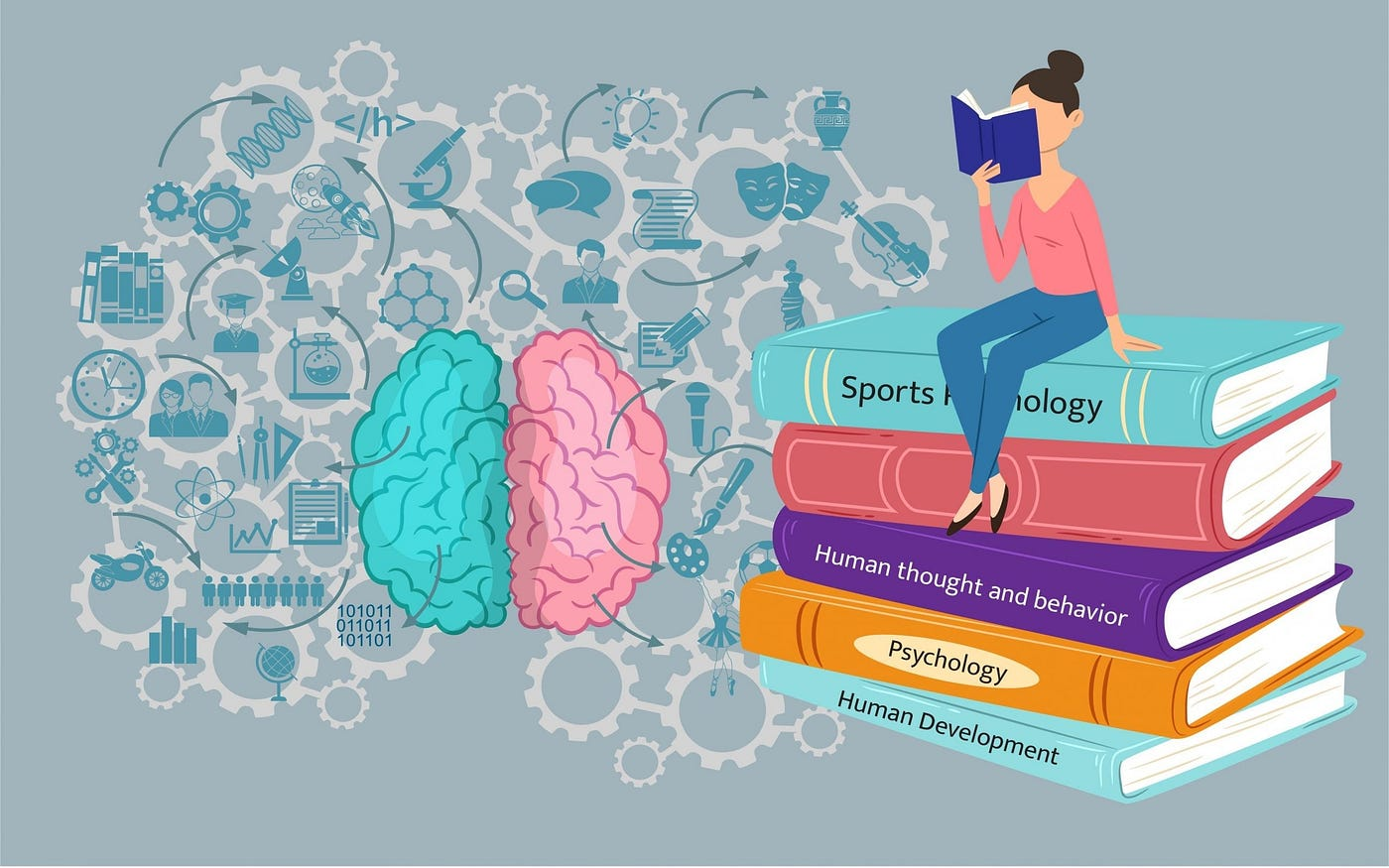The Path to a Psychology Degree
Obtaining a psychology degree is a multifaceted odyssey that typically begins with a foundational understanding of human behavior, neuroscience, and research methodologies. The undergraduate curriculum may encompass courses ranging from cognitive psychology and abnormal psychology to social psychology and statistics. Students gradually navigate through the labyrinth of theories and practical applications, honing critical thinking, analytical, and research skills along the way.
Graduate studies offer a more specialized and in-depth exploration of psychology. Pursuing a Master's or Ph.D. often involves concentrated research, clinical practice, or specialized studies in areas such as developmental psychology, counseling, industrial-organizational psychology, or neuropsychology. Doctoral programs usually entail comprehensive research projects, dissertations, and practical experiences, solidifying expertise in a chosen niche.
Career Opportunities
The realm of psychology extends far beyond the confines of a therapist's office. A psychology degree opens a kaleidoscope of career paths, each offering unique opportunities to apply knowledge and skills:
- Clinical Psychology is a popular area where professionals provide therapy, diagnose mental health conditions, and create treatment strategies for people facing psychological difficulties.
- Counseling Psychology concentrates on aiding individuals in handling personal and interpersonal challenges, often outside clinical environments like schools, rehab centers, or private practices.
- Industrial-organizational psychology focuses on improving workplaces by comprehending human behavior within organizations, dealing with concerns like employee satisfaction, productivity, and how organizations are structured.
- Forensic Psychology combines psychology with the legal system. Practitioners analyze criminal behavior, assist in legal processes, and offer expert opinions and testimony.
- Educational Psychology: Concentrates on enhancing learning methods, addressing educational challenges, and developing interventions to support student success.
- Research and Academia: Opportunities abound in research institutions, universities, and think tanks, allowing psychologists to contribute to the field's knowledge base through studies and teaching.
- Health Psychology is about exploring how psychological aspects affect physical health. It involves encouraging healthy behaviors and supporting people in handling long-term illnesses.
Moreover, the versatility of a psychology degree transcends conventional career trajectories. Skills acquired during the pursuit of this degree—communication, critical thinking, empathy, and problem-solving—are highly transferable. Graduates often find success in fields such as marketing, human resources, data analysis, and even entrepreneurship, leveraging their understanding of human behavior to excel in diverse domains.
Yet, pursuing a psychology degree necessitates commitment, empathy, and resilience. It involves navigating the complexities of humanity, comprehending various viewpoints, and frequently facing emotional and demanding situations in practical or research settings.
A psychology degree isn't merely a pursuit of academic knowledge; it's a voyage into the enigmatic terrain of the human mind. It unveils a myriad of career avenues, offering the chance to contribute meaningfully to society while continuously unraveling the mysteries of human behavior. It's a journey rich with insights, challenges, and the profound satisfaction of making a tangible impact on individuals' lives and society at large.





